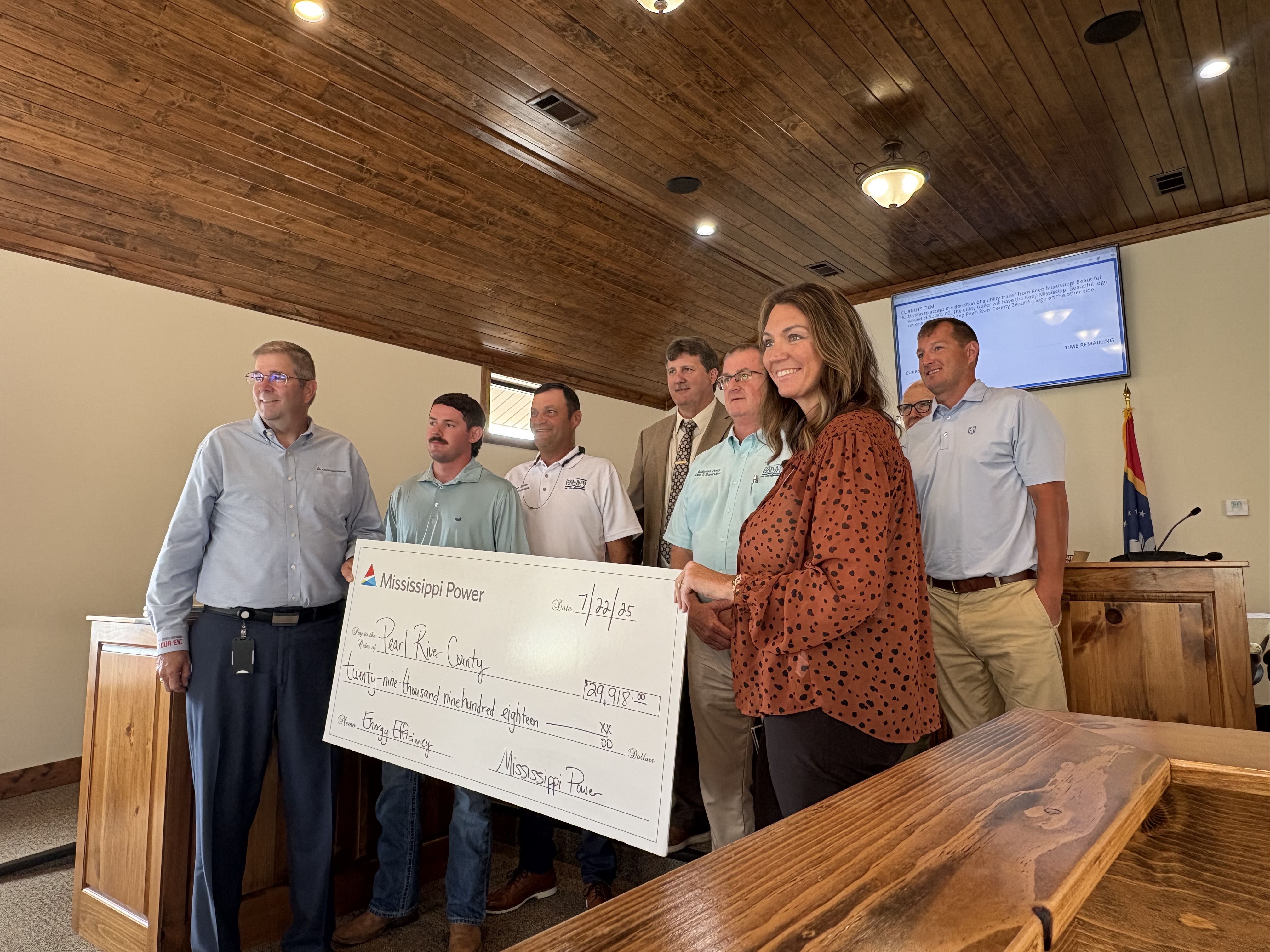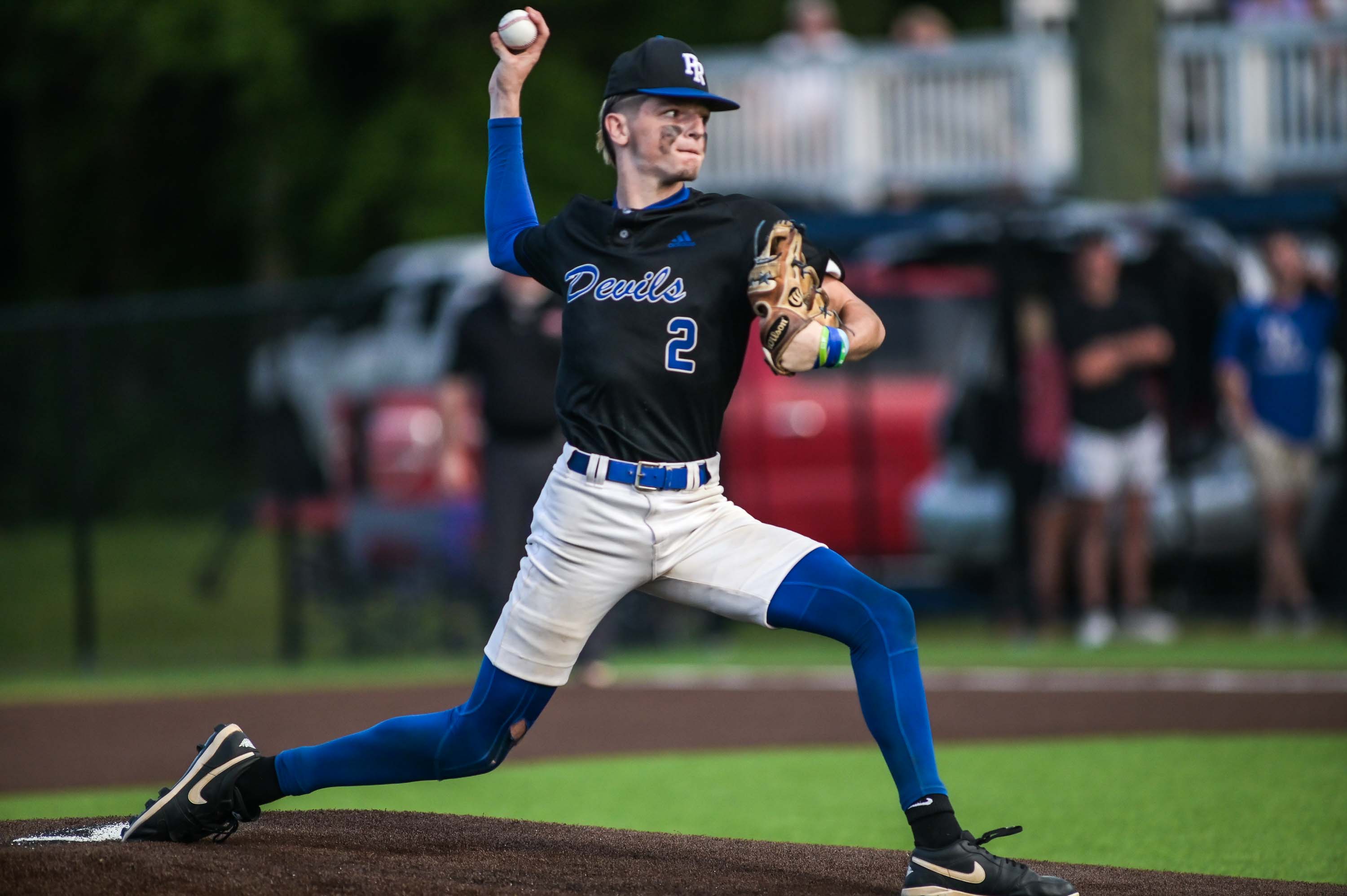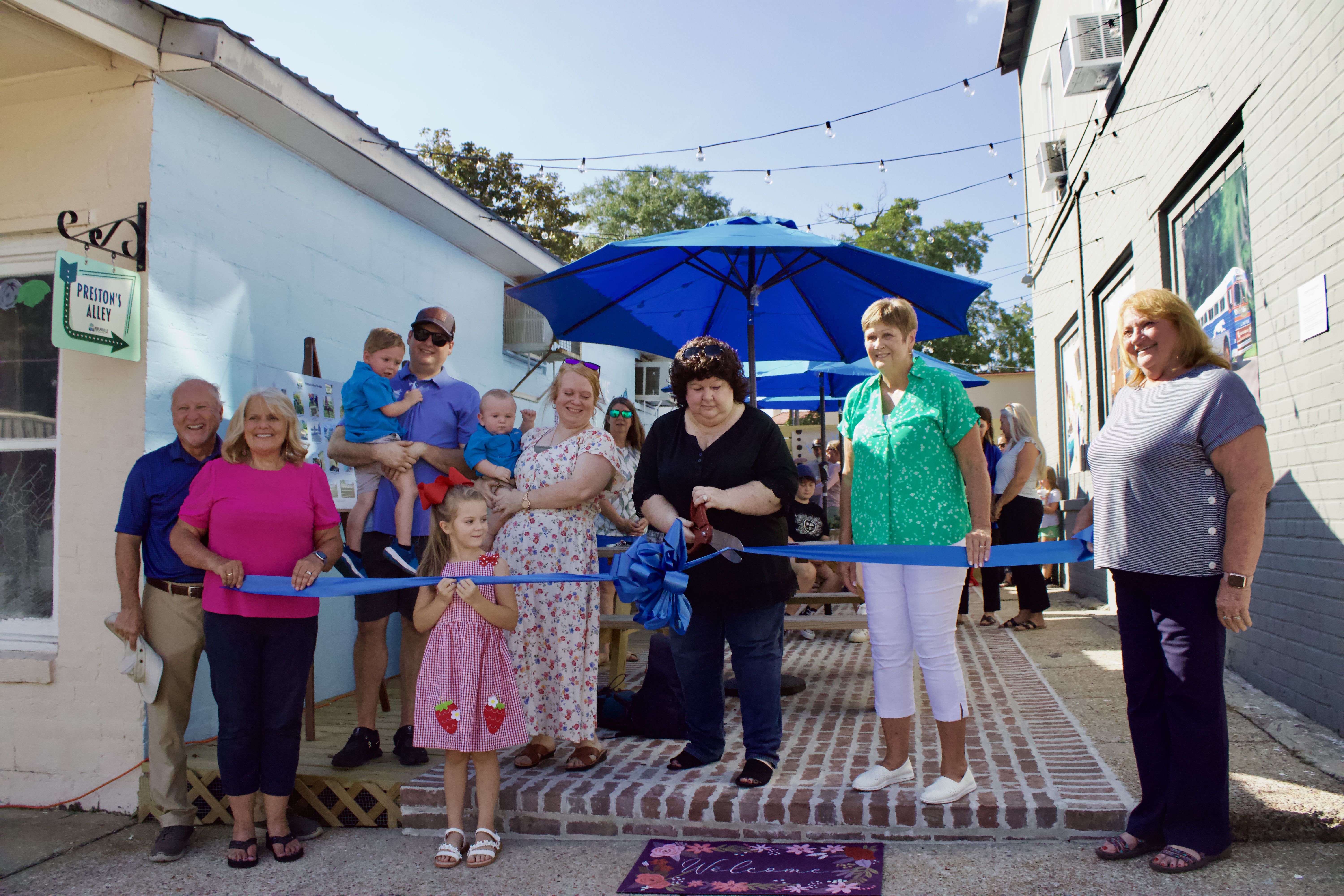Kira’s Kindness: Poplarville mother helps others see through daughter’s eyes
Published 7:00 am Saturday, April 29, 2017
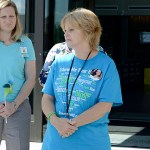
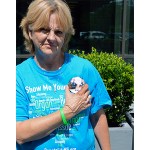

When her daughter went to Tennessee to marry her soul mate just after graduating from high school, Belinda Smith never thought she would have to make the difficult decision of whether to donate her daughter’s organs.
Kira Barrett died on July 9, 2014, almost five years after the death of her husband Wesley.
“The first time I laid eyes on her that was my darling,” Smith said.
Trending
“Everybody said she was spoiled, but I didn’t care.”
Smith described her daughter’s marriage as a once in a lifetime relationship, but the couple was struggling over Wesley’s pending deployment to Afghanistan.
On his way to visit his grandparents in Lumberton, Wesley was involved in a fatal car accident, Smith said.
For two years after the accident, Kira struggled with the loss.
“It pained me to see her in pain,” Smith said.
The day of Kira’s accident, she had just placed the silver cross necklace Wesley gave her on his headstone, telling him she was finally going to let go, Smith said.
Trending
Five miles down the road, she wrecked her vehicle on a secluded dirt road.
Not wearing a seatbelt, she was ejected from the car.
She laid on the ground for hours, swarmed by ants, until a man passed by and saw her, Smith said.
That man ended up being a doctor at the hospital in Jackson where she was airlifted, she said.
“I was so sick to my stomach, it was awful not knowing if she was alive,” Smith said about her drive to the hospital in Jackson.
After checking on her daughter, she went back to Wesley’s grave and retrieved the silver cross necklace.
“I told Wesley I was going to give it back to Kira and tell her ‘Wesley said he didn’t want it anymore, it was yours,’” Smith said.
Kira was in a coma for three months due to brain stem damage, her mother said.
The doctors told her Kira would never wake up, but Smith refused to give up.
But Kira did wake up and was eventually taken to Pearl River County Hospital and Nursing Home to recover, Smith said.
Yet, Kira only came home for Christmas the year before she passed away, sleeping on the couch alongside her mother, her stepfather in the recliner and her beloved Pomeranian on the floor nearby, Smith said.
At 24-years-old, Kira’s legs were constricted from the brain stem damage, the doctors did what they could to relax them but the family decided to see an orthopedic specialist in Jackson.
Kira was sedated so they could relax her legs and get a better X-ray, despite warnings that she would have trouble waking up from the medication, Smith said.
After hours of waiting, Smith said Kira never woke. Medical transport to take her back to Poplarville was delayed, and despite Smith’s strong inclination to drive Kira home herself, they stayed.
While walking around the hospital, Smith said she felt something when she happened upon a poster of a girl in a wheelchair with a caption that said the girl would walk again.
“I went upstairs and I told Kira ‘I know you’re tired, if you want to go be with Wesley, you go if that’s what you want,’” Smith said.
She laid down on the cot her in daughter’s room only to be awoken by a nurse early in the morning.
Kira was breathing irregularly and coded several times before Smith said she made the decision to let her go.
Shortly thereafter, Kira passed away.
After talking with a family care specialist from the Mississippi Organ Recovery Agency, Smith said she decided to donate Kira’s organs. Because of that donation, Kira’s eyes, heart valve and skin tissue were given to patients in need.
“Kira was a very giving person,” Smith said. “I know someone can see through her eyes.”
Today, Smith spreads the word about organ donation at events across the state.
She also began the process to meet her daughter’s donor recipients.
The process takes some time, Trisha Byrd, a MORA community outreach coordinator, said.
After a mediated exchange of letters, the parties can agree to meet. When it happens, it is amazing, Byrd said.
“I was with a donor mom two days ago who knows one recipient of their daughter,” she said.
They met a couple years back and instantly felt a connection.
“Now, they’re actually best friends,” Byrd said, adding that their daughters are as well.
It makes donor families feel better, she said, but it’s still very emotional.
“Until you’ve lived through it, it’s hard to understand it,” Byrd said.






